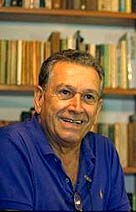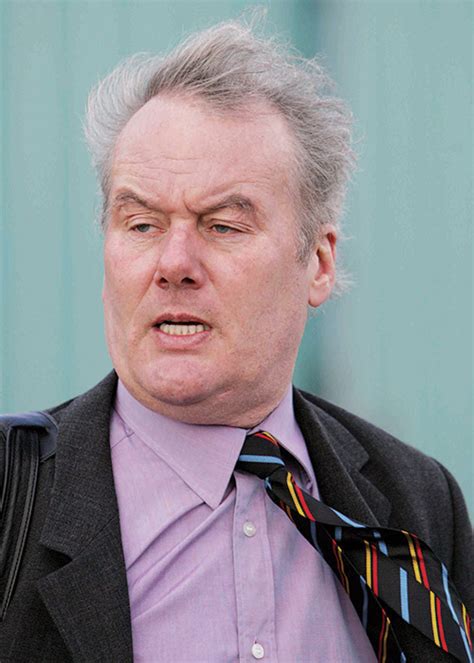A Quote by James Russell Lowell
In all literary history there is no such figure as Dante, no such homogeneousness of life and works, such loyalty to ideas, such sublime irrecognition of the unessential.
Related Quotes
Gunn would be an important figure-rewarding, delightful, accomplished, enduring-in the history of English-language poetry even were his life not as fascinating as it now seems; he would be an important figure in the history of gay writing and in the history of transatlantic literary relations even were his poetry not so good as it is. With his life as it was and his works as they are, he's an obvious candidate for a volume of retrospective and critical essays, and this one is first-rate.
I'm a pluralist about perspectives on literature. There seem to me to be all sorts of illuminating ways of responding to major literary works, some of them paying considerable attention to context, others applying various theoretical ideas, yet others focusing on details of language, or linking the work to the author's life, or connecting it with other works.
I use biography, I use literary connections (as with Platen - this seems to me extremely helpful for appreciating the nuances of Mann's and Aschenbach's sexuality), I use philosophical sources (but not in the way many Mann critics do, where the philosophical theses and concepts seem to be counters to be pushed around rather than ideas to be probed), and I use juxtapositions with other literary works (including Mann's other fiction) and with works of music.
If loyalty is, and always has been, perceived as obsolete, why do we continue to praise it? Because loyalty is essential to the most basic things that make life livable. Without loyalty there can be no love. Without loyalty there can be no family. Without loyalty there can be no friendship. Without loyalty there can be no commitment to community or country. And without those things, there can be no society.
The library is not a shrine for the worship of books. It is not a temple where literary incense must be burned or where one's one devotion to the bound book is expressed in ritual. A library, to modify the famous metaphor of Socrates, should be the delivery room for the birth of ideas - a place where history comes to life.
The same tantalizing guile and sublime skill....[The series is] reinforced in its claim to be one of the major literary works of this century....Only two other writers that this reviewer can think of have each created an entire, discrete and compelling world, a totally believable entity which one might wish to inhabit, and they are Joyce and Proust. It is not pretentious to place Patrick O'Brian in the first canon of literature.





































